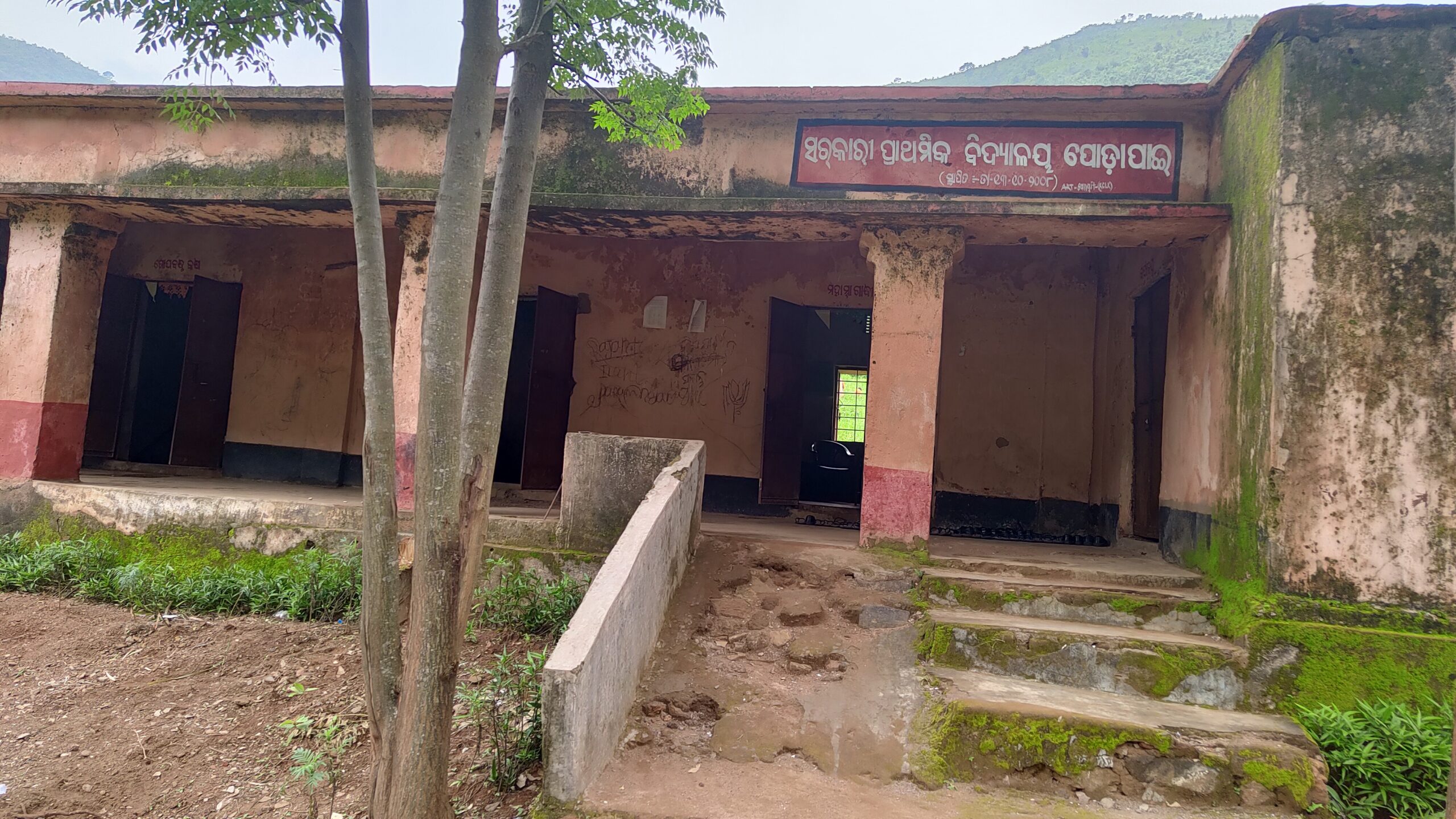I always believed education to be a basic right for all. I thought that it could alleviate most, if not all problems. Although I still think that education can empower and help in making people’s lives better, there is a slight discomfort and apprehension with the current education system ever since I have completed my graduation. This, coupled with questions like these were troubling me a lot for a long time.
What is the purpose of education?
Should it be mandatory?
Is the current education relevant to all?
Are we focusing only on the literacy rate or enrolment rate ?
Though I know the answers for some of these questions, I’m not able to articulate a definitive response. They are changing as I build my understanding further specially when I see people struggling to get a job; when I interact with children and think of their future wondering if this education would help them in their betterment; when I think about the social changes we need to bring; when I think of the relevance of my corporate work, and at many more instances. These occur to me frequently and appear to be the most important of all, but the list is long.
What Made Me Think About This?
To understand this, I had to go back in time and recall my educational journey. I was born and brought up in an urban area and joined a private school. Not knowing the outcome, I would say that I was not great at studies until my 3rd grade, but for some reason, I tasted academic success once and that became an addiction.
I got competitive and saw everything with the lens of competition, often healthy not realising that’s the nature of life. Days passed by, followed by weeks, months and years. I was just going with the flow or should I phrase it as ”stuck in the loop”, following the same pattern. Little did I know about the things that I was doing or going to do. One thing I knew for sure was that I’d work for an institution and it happened, as expected.
Once in a job, I wondered and asked – Is it the same thing for which not all but most of them study? Do people only want to get into a well paying job, thinking that it would solve and even alleviate most of their problems? Do they want to get into the system and be an active participant in the economy? Or do they just go with the flow, following the system?
The first and the last ones combined was the case for me. It not only gave me a seemingly good job but more importantly, made me understand the reality. This was the exact reason why I thought that education needs to be a basic right but as time passed, I began to question the education system. I had begun to feel that it didn’t give me anything other than basic knowledge and qualifications that are demanded by the job sector.
The Present
Once I started to delve deeper and contemplated, it became more complicated much like trying to understand integration and differentiation just by learning addition and subtraction. Education itself was more complex than I imagined.
As a part of India Fellow, I recently got a chance to attend a masterclass on education by Ashish, the founder of Shiksharth. He mentioned how several factors affect education including economical, geographical, class structures, and socio-political conditions. It’s interesting to see how they all play a role in shaping one’s life and choices through education. It helped me to break down the complexity.
The Schools
With all this, I could better understand the context of education in the tribal areas of Kalahandi, Odisha with Swasthya Swaraj. Upon visiting the schools in villages, I got a sense of the quality of education there. Poor infrastructure with hardly 3-4 dingy rooms, broken and unusable toilets, and no fans. Even if the facility is adequate, there won’t be adequate number of children.

All the children in the age group of 5-14 would sit in a single room and the teachers would teach the same lesson to all of them. The irregularities of teachers and the poor distribution of Mid-day meals made me see this as cruelty, wondering if this would be allowed in an urban or a semi-urban school. It again reminded me of the place I’m in – socially, economically, in the class structure, and politically.

The Hope
Amidst all this, there was a thin ray of hope in the form of the efforts of Sekhiya Sathis in these villages. These are local educators who act as volunteers in their villages to improve the quality of education. Their primary role is to ensure that the students in their village attend school. This way, it would solve the chicken and the egg problem of villagers saying that teachers don’t come and teachers saying that students don’t show up. Apart from this, Sekhiya Sathis also take classes and try to ensure that children are fed with mid-day meals.
After gaining a basic exposure to education in the tribal areas here, accompanied by my personal experience before this, we decided to take it further. We incorporated HNPS (Health and Nutrition Promoting School) to introduce health and nutrition aspects into the community through children. Additionally, we introduced the School Nutrition Garden, where they can access fresh vegetables for their mid day meals, as well as Yoga for their well-being, crafts and origami classes to spark interest, life-skills training to enhance their understanding of behaviour and self, and the gamification of concepts.
Combining these initiatives, our hope is that the school would become an actual institution. This approach wouldn’t solely emphasize on education but also prioritize the overall development of children, which we hope would significantly benefit them.
Trying to bring about a change in their lives,
Hoping that it would brighten their lives,
Filled with joy and health, forever…




0 Comments